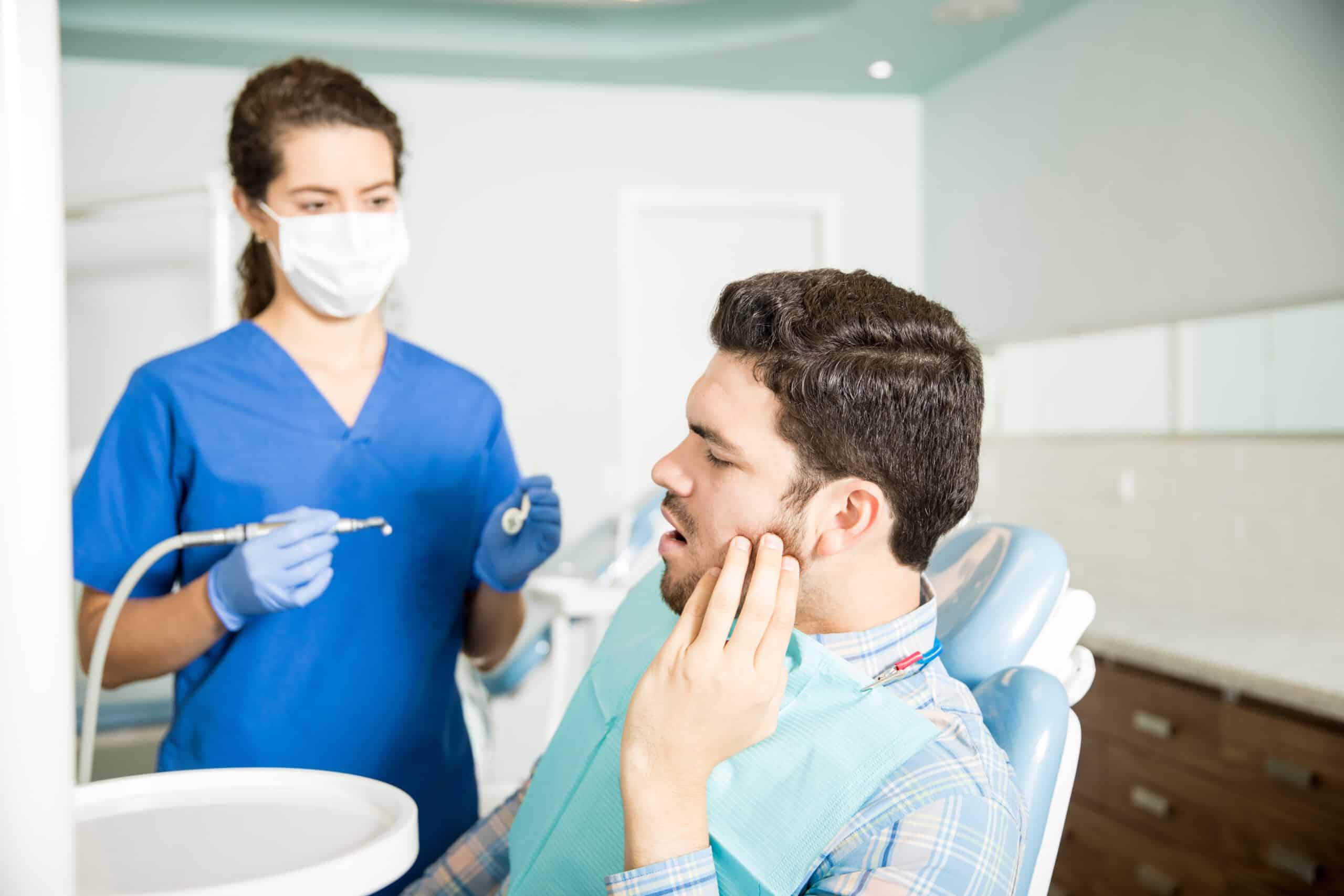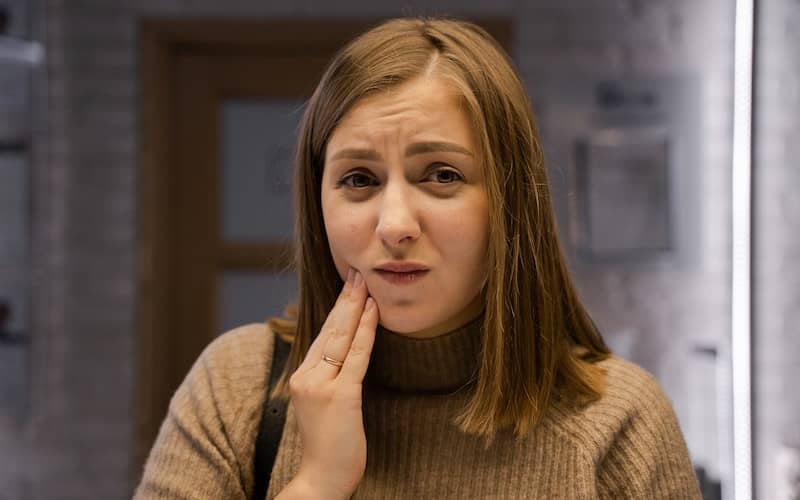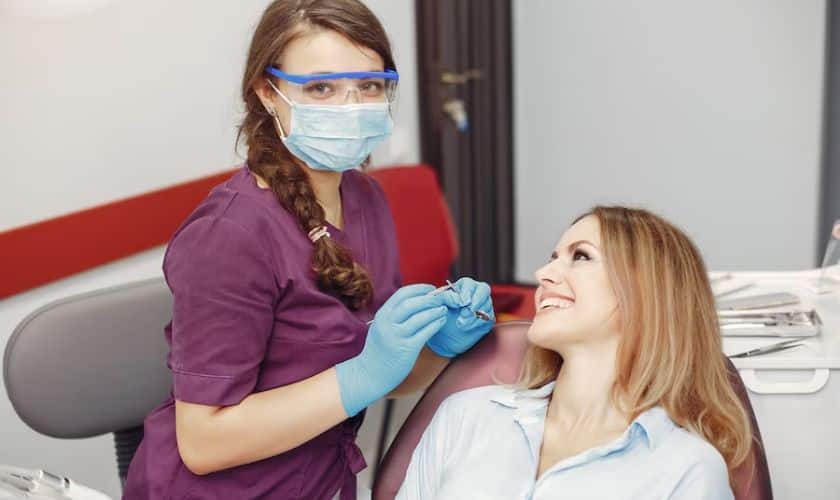Call: (810) 674-3060
Common Dental Emergencies: Identification And Prevention

Your teeth are an essential part of your body, and any dental emergency can be incredibly painful and disruptive. From a knocked-out tooth to severe toothaches, there are numerous types of emergencies that require immediate care. It’s vital to have some basic knowledge about common dental emergencies and how to handle them before seeking professional help from a dentist. In this blog post, we’ll discuss the most common dental emergencies you might encounter and provide you with tips on how to deal with them promptly. So let’s get started!
What Is A Dental Emergency?
A dental emergency is any situation that requires immediate attention from a dentist in order to alleviate pain, prevent infection or save a tooth. These emergencies can occur at any time and can be caused by various factors such as accidents, sports injuries, infections or underlying dental conditions.
One of the most common types of dental emergencies is severe toothache. This may be caused by decay, infection or trauma and can result in excruciating pain that requires immediate attention from a dentist. Another common type of emergency is a broken or chipped tooth which may cause discomfort and require restoration.
Other dental emergencies include knocked-out teeth, loose teeth due to injury, abscesses and bleeding gums. It’s important to note that even minor issues such as lost fillings or crowns should also be addressed as soon as possible to avoid further damage.
If you experience any symptoms of a dental emergency, it’s crucial to seek prompt treatment from your dentist. Delaying treatment could lead to more serious complications down the line including irreversible damage to your oral health.
Common Dental Emergencies
When it comes to dental emergencies, there are a few common issues that people may experience. These can range from mild discomfort to severe pain and require immediate attention from a dental professional.
One of the most common dental emergencies is toothaches. This can be caused by various factors such as cavities or gum disease. It is important not to ignore a toothache as it could worsen over time and lead to more serious complications.
Another common emergency is chipped or broken teeth. This can happen due to trauma or biting down on something hard. If left untreated, this could cause further damage to the tooth and even lead to infection.
A knocked-out tooth is also considered an emergency situation that requires prompt action. If possible, try placing the tooth back in its socket until you can see a dentist within 30 minutes.
Abscesses are another type of dental emergency that should not be ignored. Symptoms include severe pain, swelling around the affected area, and fever.
In any case of dental emergency, seeking immediate treatment from a professional will ensure proper care and prevent any potential long-term damage.
How To Handle A Dental Emergency
A dental emergency can be a frightening experience, but knowing how to handle it properly can make all the difference. Here are some tips on what you can do if you find yourself in this situation.
First and foremost, stay calm. Panicking will only make things worse and increase your anxiety level. Take deep breaths to help yourself relax.
If you have a toothache or other pain in your mouth, rinse with warm salt water to help ease the discomfort. Apply a cold compress to the affected area for 20 minutes at a time if swelling is present.
If you’ve lost a tooth, try to locate it immediately. Rinse it off gently with water (without scrubbing) and try to put it back into its socket if possible. If that’s not possible, store it in milk until you can get professional help.
In case of broken braces or wires, carefully remove any loose pieces that might cause further injury until an orthodontist can fix them properly.
Remember that these are temporary measures and should never replace proper care from your dentist or physician. And always seek medical attention as soon as possible during emergencies – remember prevention is better than cure!
When To See A Dentist
It is important to note that not all dental emergencies require immediate care from a dentist. However, it is always best to err on the side of caution and seek professional help if you are experiencing any discomfort or pain.
One situation where you should see a dentist immediately is when you have a knocked-out tooth. Time is crucial in this case as there may still be an opportunity for your tooth to be saved if you act quickly.
Another situation where emergency dental care may be necessary is when you have severe bleeding inside your mouth. This could be caused by trauma or injury, and immediate attention from a dental professional can prevent further complications.
If you experience extreme pain or swelling in your mouth, it could be an indication of an abscessed tooth. This problem requires prompt attention from a dentist as the infection could spread and cause more damage.
In general, if you are ever unsure whether your dental problem constitutes an emergency, it’s always best to contact your dentist for advice on what steps to take next.
Finishing Off
Taking care of your dental health is extremely important, and knowing how to handle a dental emergency can be crucial in protecting your oral health. By understanding the common types of dental emergencies and how to respond to them, you can be better prepared if an emergency situation arises.
Remember to stay calm during a dental emergency and seek professional help as soon as possible. Whether it’s a knocked-out tooth or severe toothache, early intervention can make all the difference in saving your teeth.
If you’re experiencing any kind of pain or discomfort with your teeth or gums, don’t hesitate to contact a dentist immediately. Regular check-ups and cleanings are also essential for maintaining good oral health and preventing future emergencies from occurring.
By taking preventative measures and acting quickly when necessary, you can keep your smile healthy for years to come!




